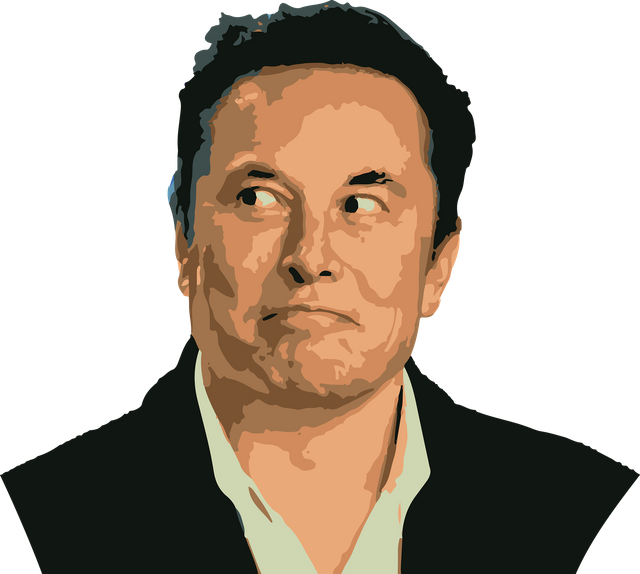Elon Musk takes a stance on data security and announces plans to launch encrypted messaging on Twitter.

Elon Musk, the CEO of SpaceX and Tesla, currently made headlines when he criticized WhatsApp and introduced plans to introduce encrypted messaging on Twitter. In a sequence of tweets, Musk claimed that WhatsApp "cannot be trusted" and cautioned that customers swap to choice messaging apps instead.
Musk's feedback come amid developing worries about privateness and statistics safety on social media platforms. WhatsApp, which is owned through Facebook, has confronted criticism in current years for its coping with of consumer information and its alleged involvement in facts breaches and authorities surveillance.
Musk's answer to these worries is to introduce encrypted messaging on Twitter, which he claims will furnish a extra tightly closed and personal platform for customers to communicate. This cross is phase of Musk's ongoing efforts to create a decentralized, privacy-focused net that is much less reliant on normal social media platforms.
While Musk's intentions are noble, his layout to introduce encrypted messaging on Twitter is now not except its challenges. Twitter has historically been a public platform, the place customers share their ideas and thoughts with the world. Introducing encrypted messaging ought to basically alternate the nature of the platform, making it extra comparable to typical messaging apps like WhatsApp or Signal.
Moreover, introducing encrypted messaging on Twitter should elevate worries about the unfold of misinformation and damaging content. Encrypted messaging has been criticized in the previous for facilitating the unfold of pretend information and extremist content, as it is greater hard for authorities to music and monitor.
Despite these challenges, Musk's announcement has sparked a dialog about the want for extra impenetrable and non-public messaging selections on social media. As issues about records safety and privateness proceed to grow, it is probably that extra customers will flip to choice messaging apps that prioritize these values.
In conclusion, Elon Musk's current remarks about WhatsApp and his plans to introduce encrypted messaging on Twitter have generated great buzz and sparked essential conversations about privateness and information protection on social media. While Musk's design is no longer except its challenges, it highlights the developing demand for greater impervious and personal messaging preferences in the digital age.